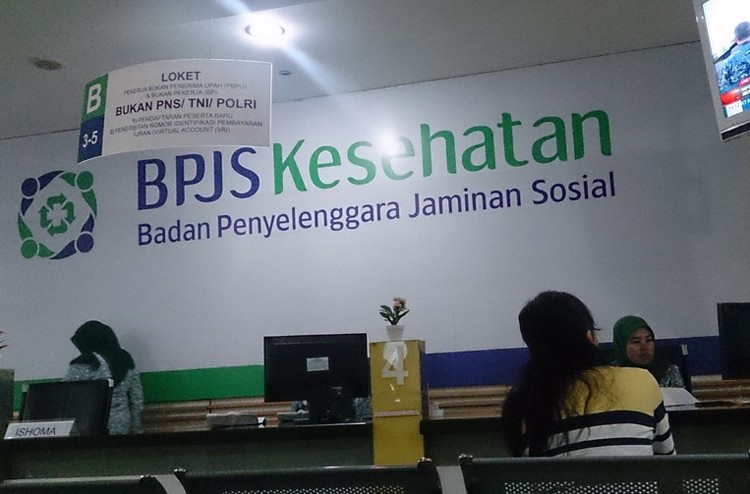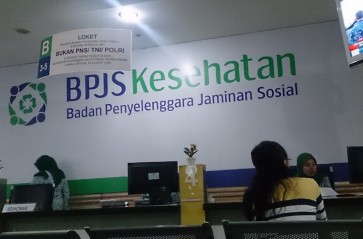Popular Reads
Top Results
Can't find what you're looking for?
View all search resultsPopular Reads
Top Results
Can't find what you're looking for?
View all search resultsPandora’s Box of providing JKN
After five years, the National Health Insurance (JKN) operated by the Healthcare and Social Security Agency (BPJS Kesehatan), has faced several hiccups. Amid election tensions, it would not be surprising if issues around the JKN arise even more.
Change text size
Gift Premium Articles
to Anyone
T
he third of five presidential candidate debates is slated for March 17. Both candidates, the incumbent President Joko “Jokowi” Widodo, with running mate Ma’ruf Amin, and Prabowo Subianto, with Sandiaga Uno, are no doubt preparing materials to give their best performance.
A central topic of the third debate is to be health. After five years, the National Health Insurance (JKN) operated by the Healthcare and Social Security Agency (BPJS Kesehatan), has faced several hiccups. Amid election tensions, it would not be surprising if issues around the JKN arise even more.
Some bombastic statements around health have been made by Jokowi’s rival. In Prabowo’s speech entitled “Indonesia triumphs”, Prabowo claimed the financial difficulties of BPJS Kesehatan had greatly affected the quality of hospital services. He has also remarked: “Doctors’ salaries are lower than parking attendants’ wages.”
This jaw-dropping statement turned out to not be completely wrong. As impossible as it may seem, some general practitioners are paid less than Rp 3 million (US$210) for 180 hours of work per month.
In fact, hundreds of other physicians have long aired their grievances over the low fees they are paid for treating patients in the era of the JKN program. The medical rates and consultation fees as set in the JKN reimbursement system are too low, affecting physicians’ ability to provide optimum services.
The JKN scheme pays private and government healthcare providers based on the so-called Indonesia Case-Based Groups (INA-CBG) package, which applies a fee-for-diagnostic reimbursement system. It replaces the previous fee-for-service reimbursement system. This, unfortunately, significantly affects the profit margins of hospitals, as well as the wages of healthcare providers.
For example, the consultation fee received by general practitioners who treat JKN patients is about Rp 5,000 (36 US cents) per patient and is promised to be repaid within 12 days.


















